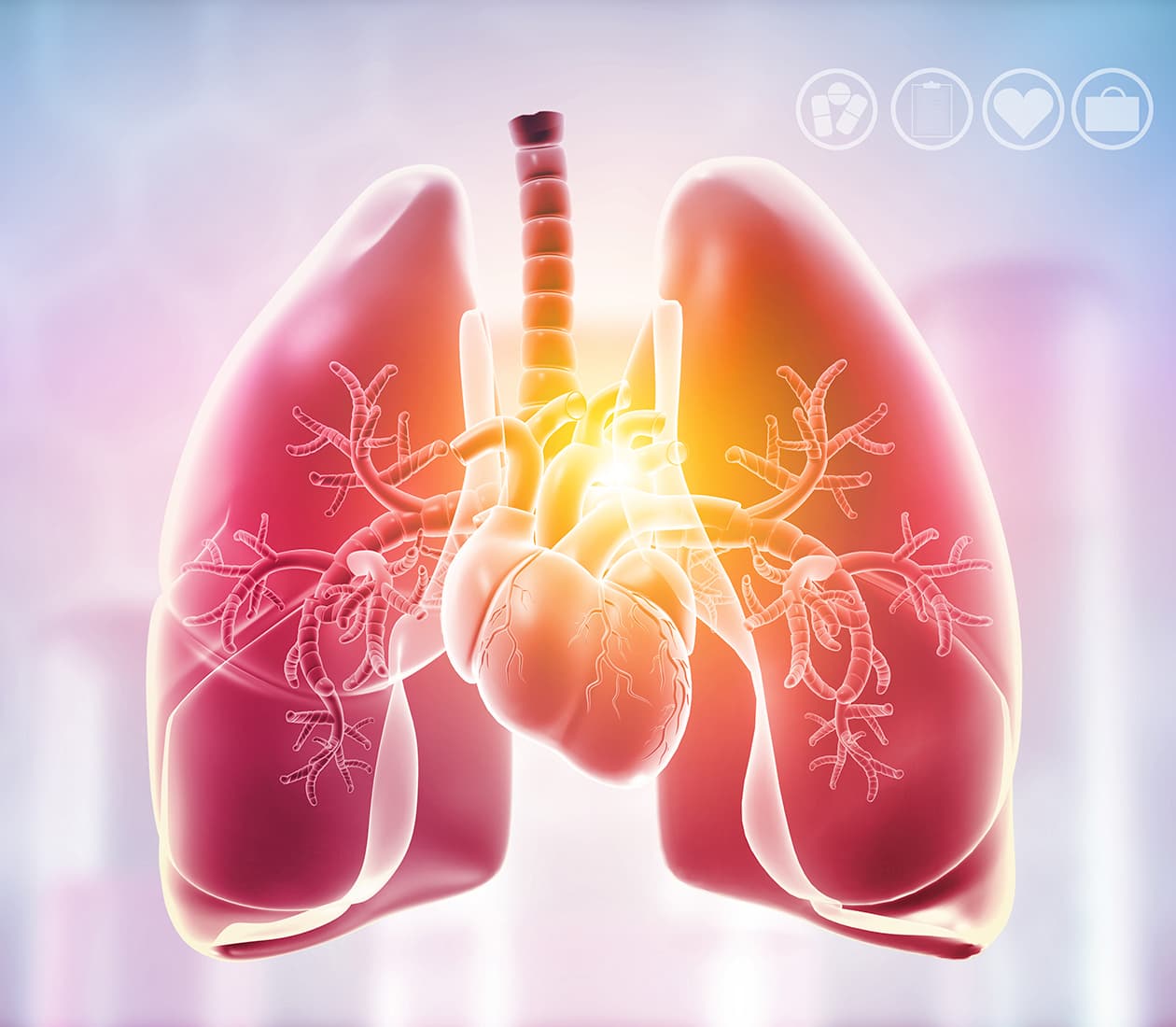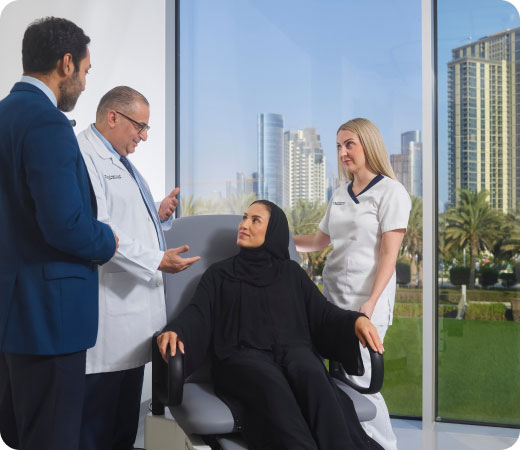
The Cardiac Tumors Program at Cleveland Clinic Abu Dhabi provides specialized care and support for people diagnosed with Cardiac Tumors.
The Cardiac Tumors Program at Cleveland Clinic Abu Dhabi provides specialized care and support for people diagnosed with Cardiac Tumors, close to home. Our multidisciplinary team of experts takes a comprehensive approach to your treatment, coordinating among our specialists and offering a range of support services so you receive the highest quality care.

The Cardiac Tumors Program team at Cleveland Clinic Abu Dhabi uses a multidisciplinary approach to improve outcomes for patients with cardiac tumors or masses. We offer our patients access to the latest diagnostic technology, innovative treatments and advanced surgical procedures supporting better outcomes.
Our team includes specialists in cardiology, oncology, imaging, surgery, and pathology all under one roof. Together we'll provide you with a comprehensive assessment and individualized treatment plan.
Our multidisciplinary tumor board meets once a week to discuss each patient. Specialists in treating lung cancers and tumors, esophageal cancer and other cancers of the chest sit together to talk through the best treatment options, including clinical trials, for each individual. Patients get the benefit of several expert opinions.

Cardiac tumors can develop in many areas of the heart. Primary heart tumors start in the heart and can be cancerous or noncancerous, and metastatic heart tumors form when cancer has spread to the heart from another part of the body.
Cancerous primary heart tumors
A smaller percentage of primary heart tumors are cancerous. These can include:

The symptoms of cardiac heart tumors will vary depending on the type and its location. They can range from very mild to life-threatening. Often, the symptoms are similar to those caused by many other conditions, so it may not be obvious that a heart tumor is present.
In general, symptoms of cancerous heart tumors begin suddenly and quickly get worse. Symptoms of noncancerous heart tumors usually appear more gradually.
More commons symptoms of cardiac tumors:
The causes of heart tumors vary, but the majority are believed to be caused by the abnormal growth of heart tissue cells. A small number are genetically inherited, which can be discovered with genetic testing. However, in most cases, cardiac tumors develop without any family history.

Imaging tests are used to diagnose cardiac tumors or they may be discovered when a test is ordered for another condition. Diagnosing primary heart tumors can be hard as their signs and symptoms are often similar to other conditions. However, there is something called “tumor plop” when listening to the heart which is unique to cardiac tumors (due to the tumor blocking the mitral valve).
The following tests may be ordered to confirm a diagnosis:
Treatment will vary depending on the type of tumor and its location.

Doctors don’t fully understand what causes cardiac tumors. However, they do know that smoking may increase your risk. Following a healthy diet and exercising regularly can help to reduce your risk of many types of cancer.

Our Cardiac Tumors team have extensive expertise in this field. The team provides excellent, Patients First medical care based on current United States and international guidelines.

Speak with our Contact Center for assistance
Request an Appointment 800 8 2223 International Patients